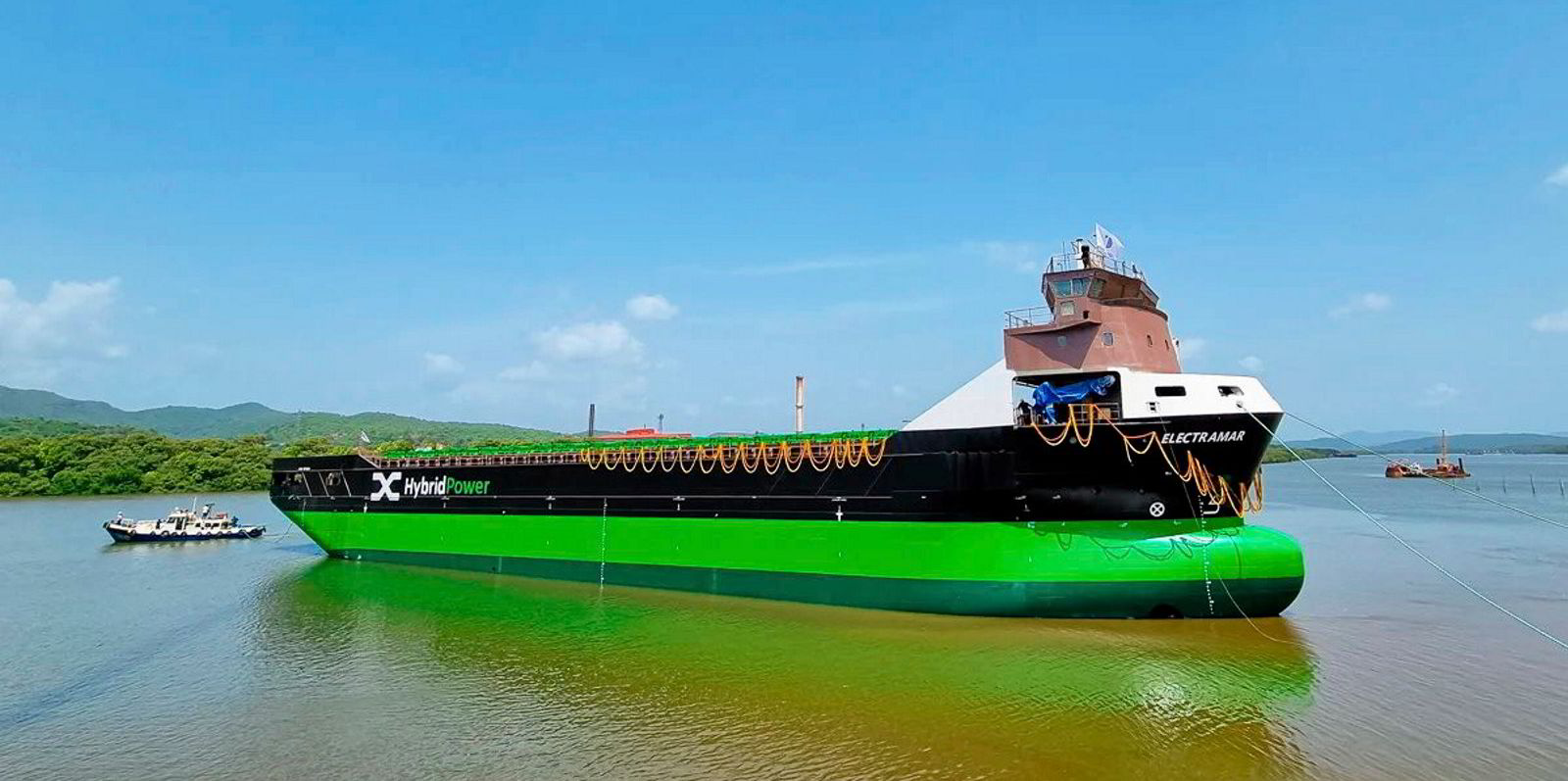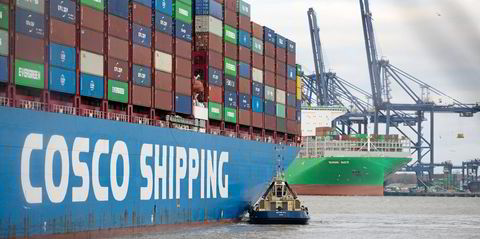Finland’s ESL Shipping has clinched new investment to drive forward its zero-emission bulker ambitions.
The owner of vessels ranging from small dry carriers to supramaxes said on Wednesday that OP Finland Infrastructure will pump €30m ($32m) into ESL against an issue of new ESL shares with an agreed pre-money equity valuation of €165m.
This corresponds to a 15.38% stake and implies an enterprise value of €300m in ESL.
The bulker company is not listed, but is owned by Helsinki-listed parent Aspo.
The deal represents the first fruits of a plan initiated in April that envisioned three alternative measures: a new investment pool of fossil-free vessels, a possible equity injection and the sale of its two supramaxes.
The infrastructure fund is managed by OP Asset Management, which is part of OP Group, and has committed capital of €260m from Finnish investors.
“We are delighted to have found a partner in OP Finland Infrastructure LP to support Aspo and ESL Shipping in accelerating the company’s low-carbon growth strategy,” Aspo chief executive Rolf Jansson said.
“We see immense ... growth opportunities in ESL Shipping’s market and want the company to play an active part in the ongoing sustainability transformation.”
OP Finland’s Ossi Vasala said: “For us, this is a great investment opportunity to accelerate the green transition of ESL Shipping and its customers in Finland and around the Baltic Sea.”
New electric-hybrid bulkers
The owner is building a series of 12 small electric-hybrid bulkers in India with other investment partners.
ESL said this is progressing as planned.
Seven vessels are already under construction. The first in the series — the 5,400-dwt Electramar — was successfully launched in June and is expected to be delivered during the fourth quarter of 2023. The second vessel — the Stellamar — was launched in October.
“The programme to accelerate ESL Shipping’s green transformation will continue through further investments in fleet and technologies, enabling fossil-free shipments for the company’s customer base,” ESL said.
More co-investors are likely to be brought in.
ESL operates 42 ships, 23 of which are wholly owned, two are minority controlled and 17 are time chartered.




